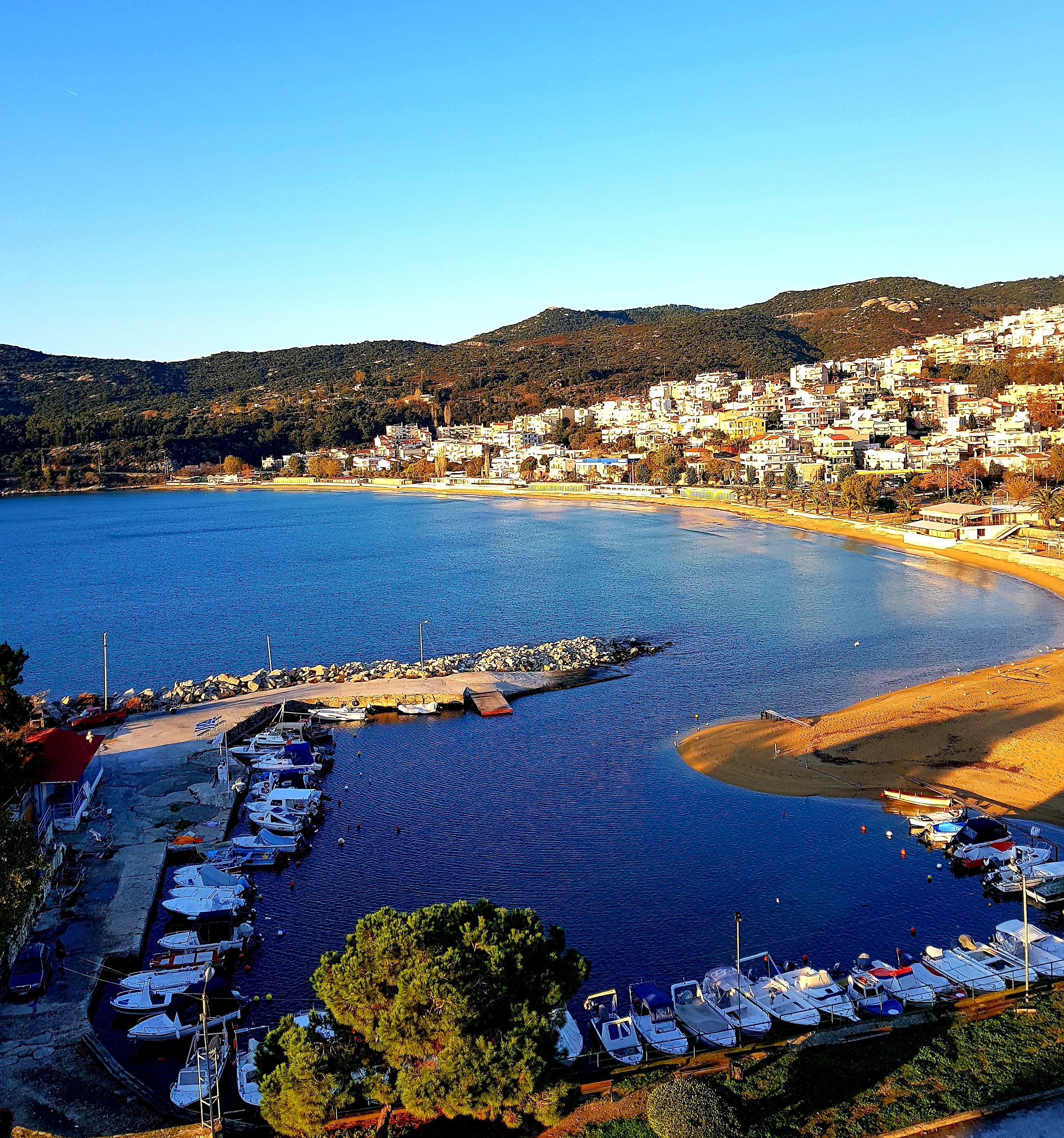„The Spirit of Kavala“

"With so-called people-to-people programs, the Friedrich Naumann Foundation for Freedom (FNF) tries to overcome enemy stereotypes, generate mutual trust and thus contribute to peace in more than one region of the world."
Before Corona, everything was very different. This is also true for everything that has to do with political education in a broader sense. The direct conversation between people, which involves much more than just the exchange of words and sentences, remains the most essential factor of communication. The interpersonal element plays a crucial role in the creation of trust.
Trust-building measures are a subject of intergovernmental politics; they often come into play when crises and conflicts poison relationships. Trust-building programs are also part of the activities of civil society organizations.
With so-called people-to-people programs, the Friedrich Naumann Foundation for Freedom (FNF) tries to overcome enemy stereotypes, generate mutual trust and thus contribute to peace in more than one region of the world. The hope that positive dialogues on a lower social level may radiate on the “big politics” of governments is always present.
Civil society dialogue formats have a tradition in Southeast Europe. The relations between Turkey and Greece are conflict-ridden, and not just since yesterday. More than once, a chain of contentious bilateral issues has brought the two NATO partners to the brink of war.
With the help of partners on both sides of the Aegean, the Foundation tries to create a counter balance. On the initiative of the Foundation’s Istanbul Office and the Kadir Has University, numerous scientists, journalists and young leaders got together over the years to engage in dialogue. The meetings took place alternately in Greece and Turkey and covered a long list of topics: At times, the “hard conflicts” that divide Athens and Ankara were in the focus, such as the Cyprus issue or the dispute over sovereign rights in the Aegean Sea. Recently, less controversial questions like common approaches in climate policy, the refugee question or the role of the media in bilateral relations have come to the fore.
The Corona pandemic initially scotched the Greek-Turkish dialogue project. Closed borders and assembly bans meant the abrupt end of bilateral exchanges.
Yet, FNF Turkey Project Director Dr. Ronald Meinardus and Kadir Has University Professor Dimitri Triantaphyllou considered the project too important to fall victim to the virus, said and invited to the first virtual dialogue program for Turkish and Greek young leaders. The meeting place of this unique gathering was the by now well-known digital platform Zoom.
A wiff of nostalgia
15 participants from Greece and Turkey each came together to exchange information and engage in lively discussions.
„The spirit of Kavala” was the title of the virtual gathering. Last time the young leaders had met in the beginning of December in the Northern Greek harbour city Kavala. During their five-day workshop, the participants did not only develop ambitious project ideas, they also established numerous new friendships.
Thus, a hint of nostalgia lay in the air during the Zoom conference. Emotions awoke when Project Director Dr. Ronald Meinardus started playing ancient Greek Sirtaki music and showed panoramic pictures of the port of Kavala.
After the obligatory welcome round, in which everyone got the chance to speak, the group proceeded directly with the agenda. In country reports, the participants reported on the impacts of the Corona crisis on their countries, discussed the respective media perspectives and – despite the Corona pandemic – planned the continuation of the dialogue series.
Compared with other countries, Greece and Turkey got off relatively lightly. It is also noteworthy that – according to information from both sides – the media reported relatively neutrally about the respective neighbouring country. In the Greek-Turkish context, this is an exceptional case. Usually, stereotypes and enemy concepts, often even false reports, play an ominous role. With that in mind, disinformation and fake news, as well as strategies to combat them, are set to be a focus of Turkish-Greek project work in the future.
It will probably take some time before Greeks and Turks can meet face to face again and together hit the dance floor to Sirtaki music. Until then, the dialogue programs will continue virtually.
One key of the program’s success: Both sides agree that they can learn from and with each other. A classic win-win situation